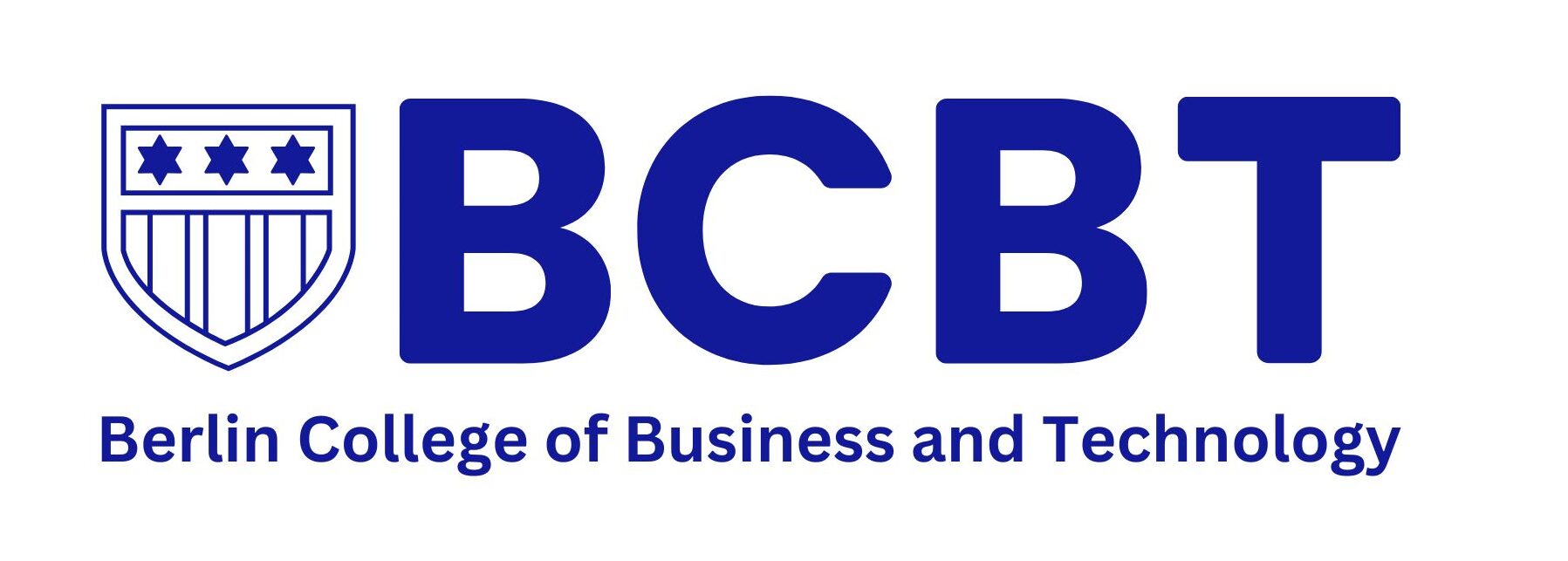
1. Master Public Transportation Like a Local
Germany’s public transportation system is efficient, but it’s also packed with cost-saving options for regular travelers. For frequent trips, consider a BahnCard50 to enjoy 50% off train fares. Students can take advantage of discounted regional travel with a Semesterticket. Whether it’s buses, trams, or trains, you can find detailed information on transportation costs here.
Pro Tip: Always validate your ticket before boarding; fines for unvalidated tickets are steep!
2. Understand Special Taxes
In Germany, taxes extend beyond just income tax. Prepare to pay the GEZ Rundfunkbeitrag, which funds public broadcasting, and if you join a church congregation, expect an additional 8–9% church tax.
Even if you don’t plan to retire in Germany, your social security contributions may make you eligible for retirement benefits in the future. For details on income taxes and deductions, check out the German Tax System.
3. Always Carry Identification
German law requires all residents to carry identification at all times. For expats, your Residence Permit (eAT) or passport is sufficient. It’s also wise to keep paper copies of your documents at home as backups.
4. Renting an Apartment in Germany
Finding a place to live in Germany can be competitive and expensive. Be prepared to pay three months’ rent upfront, along with a deposit. Also, budget for Nebenkosten (extra monthly costs for utilities, internet, and maintenance).
To understand more about rental costs, cold rent (Kaltmiete), and living expenses, visit our post for best renting.
Hot Spots to Live: Berlin for creatives, Munich for high standards of living, and Leipzig for a culturally vibrant yet affordable lifestyle.
5. Embrace the “Pfand” Recycling System
Germany takes recycling seriously, and the Pfand system is at its heart. When you purchase drinks in bottles, you pay a small deposit that you’ll get back upon returning the empty bottles. To maximize convenience, return bottles to supermarkets where they were purchased.
SEO Tip: Learn more about Germany’s sustainability culture here.
6. Navigating Medical Care
Germany boasts an excellent healthcare system. Register for state healthcare (Gesetzliche Krankenversicherung) to receive a health card (Krankenversichertenkarte) for doctor visits. Private healthcare is an option for freelancers or high-earners, while EU citizens can use their EHIC card for basic care.
7. Setting Up Utilities
Once you’ve found your home, getting utilities like heating, electricity, and internet in order is crucial. Some providers, such as Deutsche Telekom, may require installation fees, so plan ahead. If you’re in shared housing, splitting Haushaltsgeld (household money) is common.
8. Learn German—It’s Essential
While English is widely understood in major cities, learning German is invaluable for integration. Affordable language classes are available at local Volkshochschule (adult education centers), or you can explore online courses before your move. However, for students at Berlin College, we offer free language courses, three times a week corresponding of 2 hours.
Can You Manage Without German? Sure, but for work and day-to-day interactions, a good grasp of German is highly recommended.
9. Making Friends and Finding Community
Joining local clubs (Vereine) is a quintessential way to meet people in Germany. These groups, ranging from sports teams to hobby circles, reflect Germany’s emphasis on social cohesion. Alternatively, work or studies often provide natural opportunities to make friends.
10. Decoding the Recycling System
Germany’s recycling rules can be confusing at first. Waste is meticulously sorted into color-coded bins for plastics, glass, paper, and bio-waste. Non-recyclable items go into a separate bin. Collection days vary by region, so ask your landlord or neighbors for guidance.
In Summary
Moving to Germany is a life-changing experience, but understanding these essentials can help you settle in more easily. From leveraging the public transport system to embracing the recycling culture, these tips will set you up for success.
If you found this guide helpful, explore more topics on living in Germany, like housing, transportation, and healthcare here. Don’t forget to share this blog with other expats preparing for their big move!
Moving to Germany opens the door to life in one of the most organized and progressive countries in the world. From its exceptional public infrastructure to its deep-rooted sense of community and sustainability, Germany promises a high quality of life. But to make your transition smoother, it’s essential to know a few tips that can transform your first days into a seamless experience.



